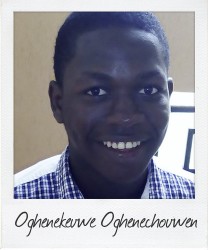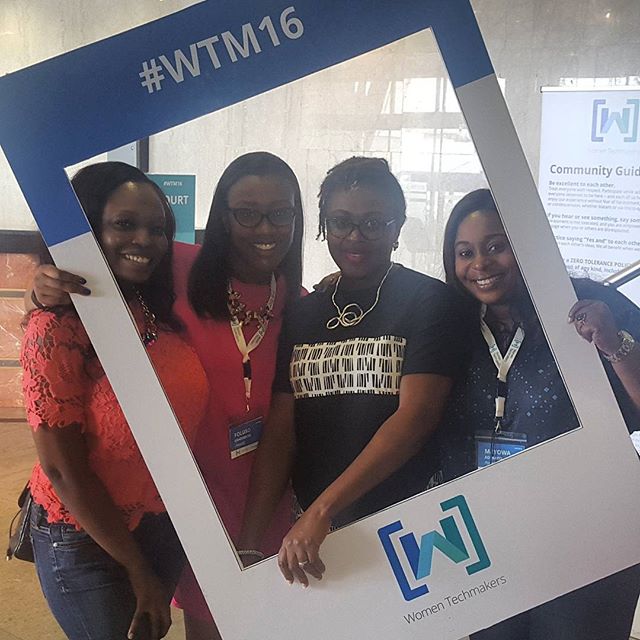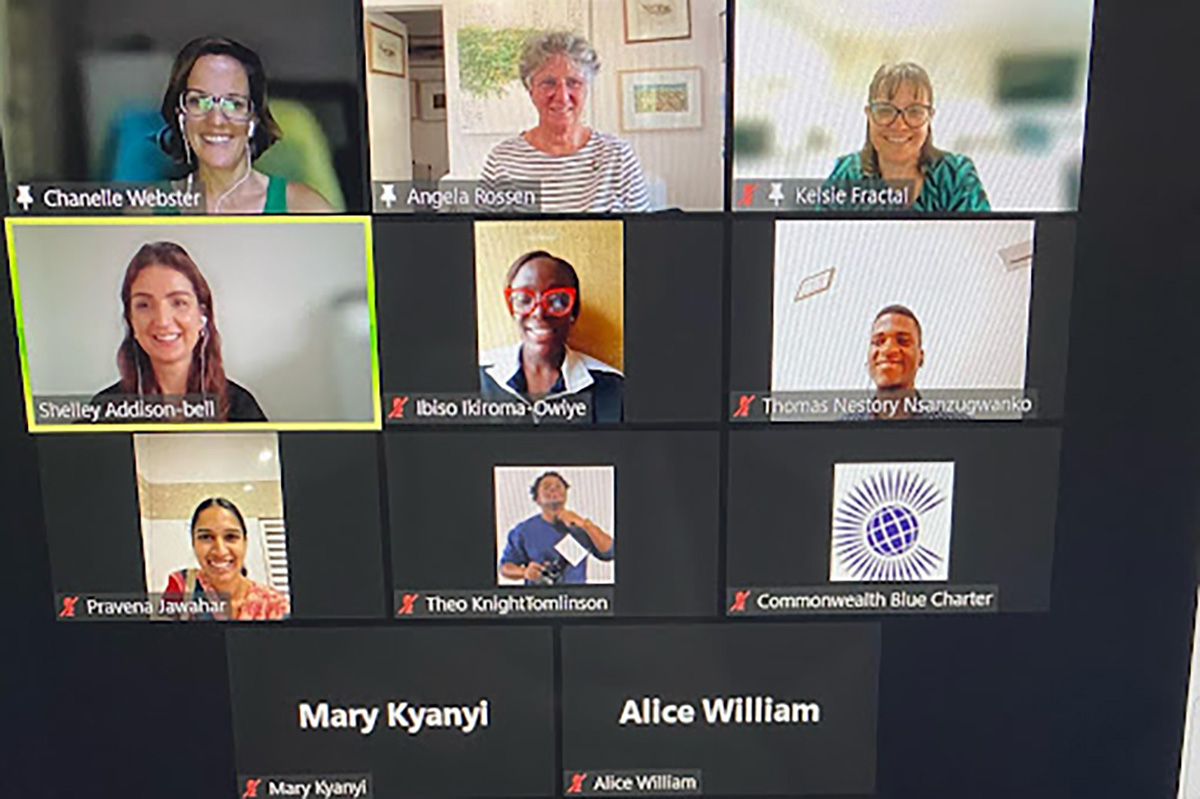“The best thing that has happened since fufu”
April 18th, 2016 A technology summit for women offered insight and education that can lead to empowerment, writes Oghenekevwe Oghenechovwen, 17, a Correspondent from Warri in Nigeria, who urges the event become an annual one for the region.
A technology summit for women offered insight and education that can lead to empowerment, writes Oghenekevwe Oghenechovwen, 17, a Correspondent from Warri in Nigeria, who urges the event become an annual one for the region.
“Time, people, events, and places conglomerate to align you with destiny…” — Unknown
Arriving at the Civic Centre at Victoria Island, Lagos, I could not ignore the refreshing morning breeze, welcoming smiles from the team of Googlers, and the rich blend of colours in the building.
With all these, and the excitement I could see in the eyes of Moses – the handsome youth who sat next to me – and literally every other person in the room, I was convinced again that this was the right day and location for Google Women Techmakers, WTM, to host their first Sub-Saharan Africa, SSA, International Women’s Day Summit. Natalie Villalobos of WTM headed the event, which drew more than 100 young female technologists and tech leaders from within and outside the country.
Anchored by Teju Ajani, the Manager of Content Partnership at YouTube SSA, the Summit was aimed at celebrating African women in tech, as well as encouraging the tech services, solutions, and values offered by younger women in their respective communities. Indeed, this is in line with the UN SDG that promotes female inclusiveness in society.
From the opening remarks of Andy Volk of Google Developer Relations, SSA, I learned that of the 33 WTM chapters in SSA, ten are running in Nigeria. To me, this indicates that Nigerian women are finding interest and empowerment in the growing tech space.
The keynote by Affiong Osuchukwu, Country Marketing Manager, Google Nigeria, was the first activity that made the IWD Summit memorable and stand-out to me. She told the audience her story; the story of her childhood, setbacks, and decisions. An insight I got from her keynote was that nothing was really designated for men or women.
Also on this list were the two panel discussions. The first, ‘Think it, Build it – Developing the Future of African Tech’, had women tech leaders as panelists. They were Chioma Chuka, TechHer NG; Kathy Cooper, X; and Helen Anatogu, iDEA. Mitch Atanaga, a Communications Manager for Google South Africa, moderated the discussion. While the second panel discussion, ‘Take the Lead – Future of Women in Tech in Africa’, had Foluso Gbadamosi, IGI; Mayowa Adebayo, Konga; Nkemdilim Begho, Future Soft; and Toyin Odutayo, Wakanow; as panelists, and Mojolaoluwa Aderemi, an Industry Manager for Google, as the Moderator. Traditional and key issues such as scalability, collaboration, support, learning, stereotyping, and perceptions were discussed during these sessions.
The Rapid Evaluation Talk by Laura Thompson and Kathy Cooper, both Product Managers at X, revealed to the audience five opportunities to practice bravery. Also featured were Ignite Talks by women in tech initiatives. These women included Martha Alade, WITIN; Rukayat Sadiq, SheLovesCode/Andela; Odunayo Eweniyi, Women in Tech in Africa; and Oreoluwa Lesi, W.TEC.
The Chrome Progressive Web Apps and Design Sprint workshops were another major activity of the Summit. I participated in the later, which was handled by Burgan Shealy. It allows for testing new ideas quickly, driving consensus, and validating concepts with users.
This IWD Summit was different from other women campaigns or activities not just because it created awareness about women inclusiveness, but also because it was a platform for networking and providing empowerment, visibility, community, and resources for women in technology.
Having attended this worthwhile summit, I am glad I ignored the ‘advice’ giving me reasons why I should not to attend a ‘female’ event. Happy moments and comments can be seen on social media platforms via the tag #WTM16. This Summit should be held every year across Sub-Saharan Africa as this is a sure way of ensuring women inclusiveness and empowerment.
P.S: Fufu is to Western and Central Africa cooking what mashed potatoes are to traditional European-American cooking, according to the Congo Cookbook
Image Credit: Women Techmakers
…………………………………………………………………………………………………………………
About me: A B.Tech. student of Meteorology and Climate science (FUTA), I am an idealist, observer, a leader, creative writer and ready volunteer.
I am interested in volunteering, youth and education, leadership, women empowerment, climate change, politics, media and information technology.
My ambition is to make change and cause global reformation with my pen, resources and time.
…………………………………………………………………………………………………………………
Opinions expressed in this article are those of the author and do not necessarily represent the views of the Commonwealth Youth Programme. Articles are published in a spirit of dialogue, respect and understanding. If you disagree, why not submit a response?
To learn more about becoming a Commonwealth Correspondent please visit: http://www.yourcommonwealth.org/submit-articles/commonwealthcorrespondents/
…………………………………………………………………………………………………………………




